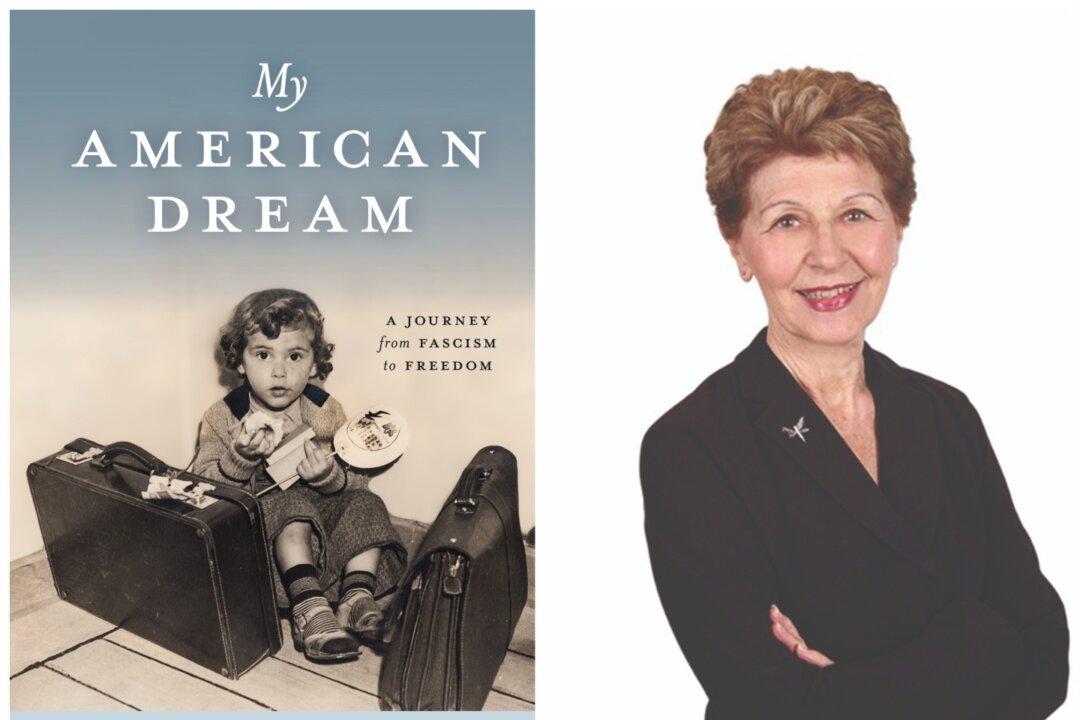“The thing that really impressed me as I was growing up was first of all their great elation and joy in being in a place where there was freedom,” says Barbara Feigin, speaking of her parents to American Essence. “Freedom was a tremendously important thing—freedom to be who you want, to do what you want, to read what you want, to say what you want. They had come from a place where that didn’t exist at the time, and so that was hugely important.
In her recently released memoir, “My American Dream: A Journey from Fascism to Freedom,” former advertising executive Barbara Feigin, who lives in New York City, begins with her family’s flight from Nazi Germany. In 1940, when she was 2, her parents, Eric and Charlotte Sommer, took her and a few personal belongings, and fled the country of their birth and the growing persecution of Jews. Facing hardships all along the way—a lack of adequate food, cold and creaky railway cars, caring for a toddler for weeks in transit—they spent 17 days crossing Russia and Siberia, boarded a ship to Japan, and, from there, sailed for another two weeks across the Pacific—first to Canada and then to Seattle. There, a group of Quakers working with a Jewish organization helped to settle the family in the small town of Chehalis in Washington state.






